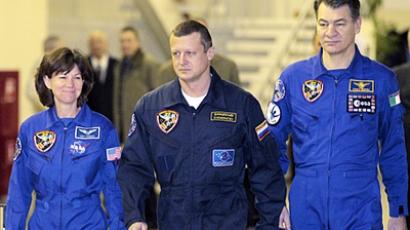NASA discovers new form of life

NASA announced the discovery of a new form of life, not from outer space, but right here on Earth.
Astrobiologists found a new bacteria living in a toxic California lake. The specimen is partly made of arsenic, unlike other known forms of life on Earth. Known forms of life on Earth are constructed of carbon, hydrogen, oxygen, phosphorus, nitrogen and sulfur. The newly discovered bacteria however do not possess phosphorus, replacing it with arsenic. All life on earth, thus far, has been known to have evolved from the same genetic biological model. Scientists say the new organism however evolved from a different biological ancestor unlike all other known organisms on the planet. The finding will likely change how NASA and astrobiologists further study the possibility of extraterrestrial life. Space entrepreneur Jeff Manber explained the discovery rewrites the rules on DNA and dramatically changes the way science looks at life. “We think we know what life is. We think you know it when you see it. Scientists pride themselves on saying here is a set of six elements, you have these six elements and that is life. Well, it turns out, surprise, surprise, they’re wrong, Manber said.The discovery is highly significant, he explained. What was previously known to be fact has been altered, opening the doors to further discoveries scientist may have never considered before.“This is cutting edge,” he added. “It is recognition of how important it is to us that we do this sort of research because we don’t understand what is out there.”It will change the way we classify and search for life. Science will no longer focus on previously conceived notions of what quantifies biological life. “Any text book would have said this was not alive,” explained Manber. Space programs may now look further in the universe for life, likely in areas not previously considered to support life because we did not know life could contain such a different bio-chemical make-up. “It raises the whole question of what else is it that could possibly be alive that we don’t know about,” he said. “It’s a fundamental breakthrough and it’s going to change the way we look at life and look at ourselves.”













